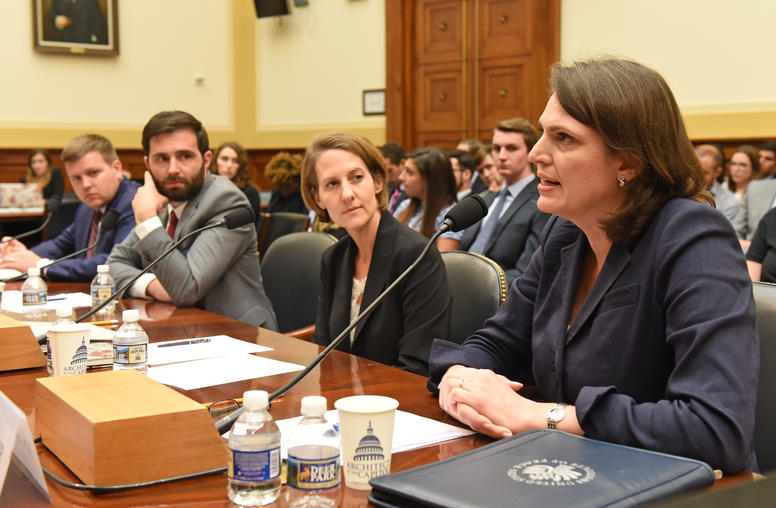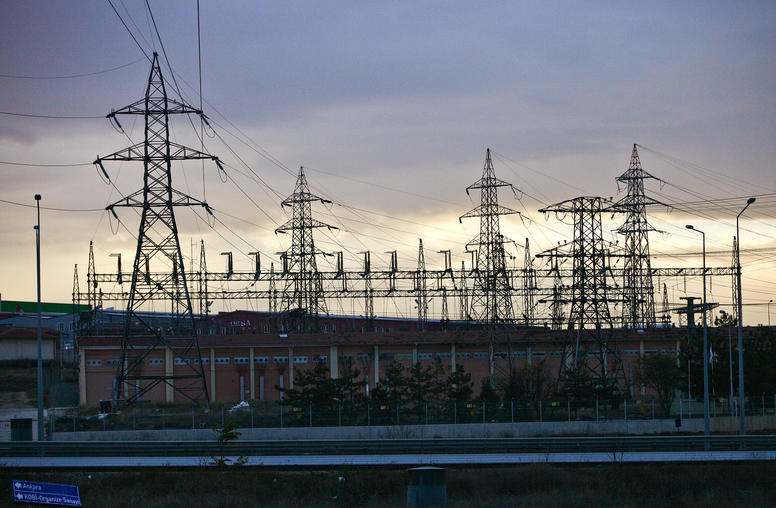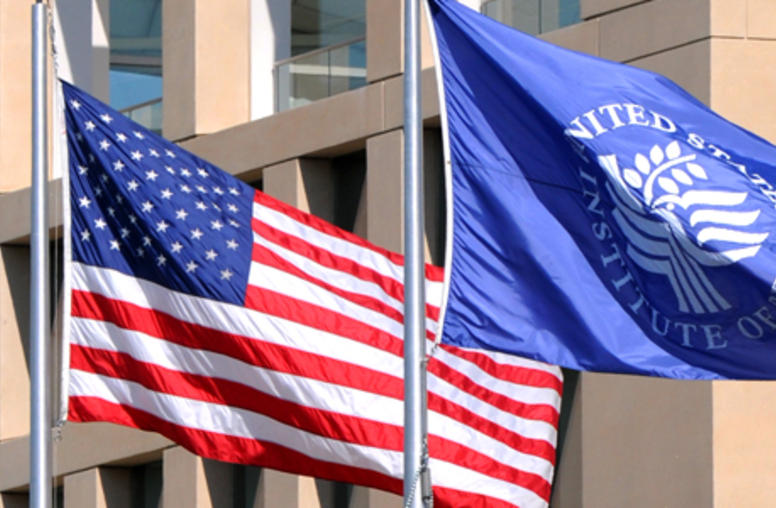The Future of Nuclear Weapons and Missile Defense in NATO Security
The United States stationed thousands of nuclear weapons in Europe during the Cold War in order to support the common defense of NATO members in Europe. While the environment in which the NATO nuclear mission finds its purpose has changed since the Cold War and the number of U.S. nuclear weapons stationed in Europe has been scaled back significantly, concerns about Russian tactical nuclear forces, the Iranian nuclear program, and the political importance of nuclear weapons to NATO solidarity raise important questions about how NATO should proceed as it outlines its nuclear mission in the 2010 Strategic Concept.
The American Institute for Contemporary German Studies, Center for Strategic and International Studies, and the United States Institute of Peace held a jointly-hosted event focusing on a pivotal nuclear policy issue featuring the Hon. Ellen O. Tauscher, undersecretary of State for Arms Control and International Secuirty Affairs.
During the Cold War, the United States stationed thousands of nuclear weapons in Europe in order to support the common defense of NATO members in Europe. The security context has changed dramatically since that time and the number of U.S. nuclear weapons stationed in Europe has been scaled back to just a fraction of previous force levels. With the global nuclear disarmament effort gathering momentum, can NATO go further? Can it go so far as removing all nuclear weapons stationed in Europe, as some European leaders have advocated?
While the environment in which the NATO nuclear mission finds its purpose has changed since the Cold War, concerns about Russian tactical nuclear forces, the Iranian nuclear program, and the symbolic importance of nuclear weapons to NATO solidarity raise important questions about how NATO should proceed as it outlines its nuclear mission in the 2010 Strategic Concept.
Speakers
- The Hon. Ellen O. Tauscher
Under Secretary of State for Arms Control and International Security
U.S. Department of State - Ambassador Wolfgang Ischinger
Chairman, Munich Conference on Security Policy - Franklin Miller
Principal, The Scowcroft Group - Dr. Stephen Flanagan, Moderator
Senior Vice President and Kissinger Chair
Center for Strategic and International Studies
Introductory Remarks
- COL Paul D. Hughes, USA (Ret.)
Senior Program Officer, Center for Conflict Analysis and Prevention
U.S. Institute of Peace - Professor Gale A. Mattox
Director, Foreign and Domestic Policies Program
American Institute for Contemporary German Studies


